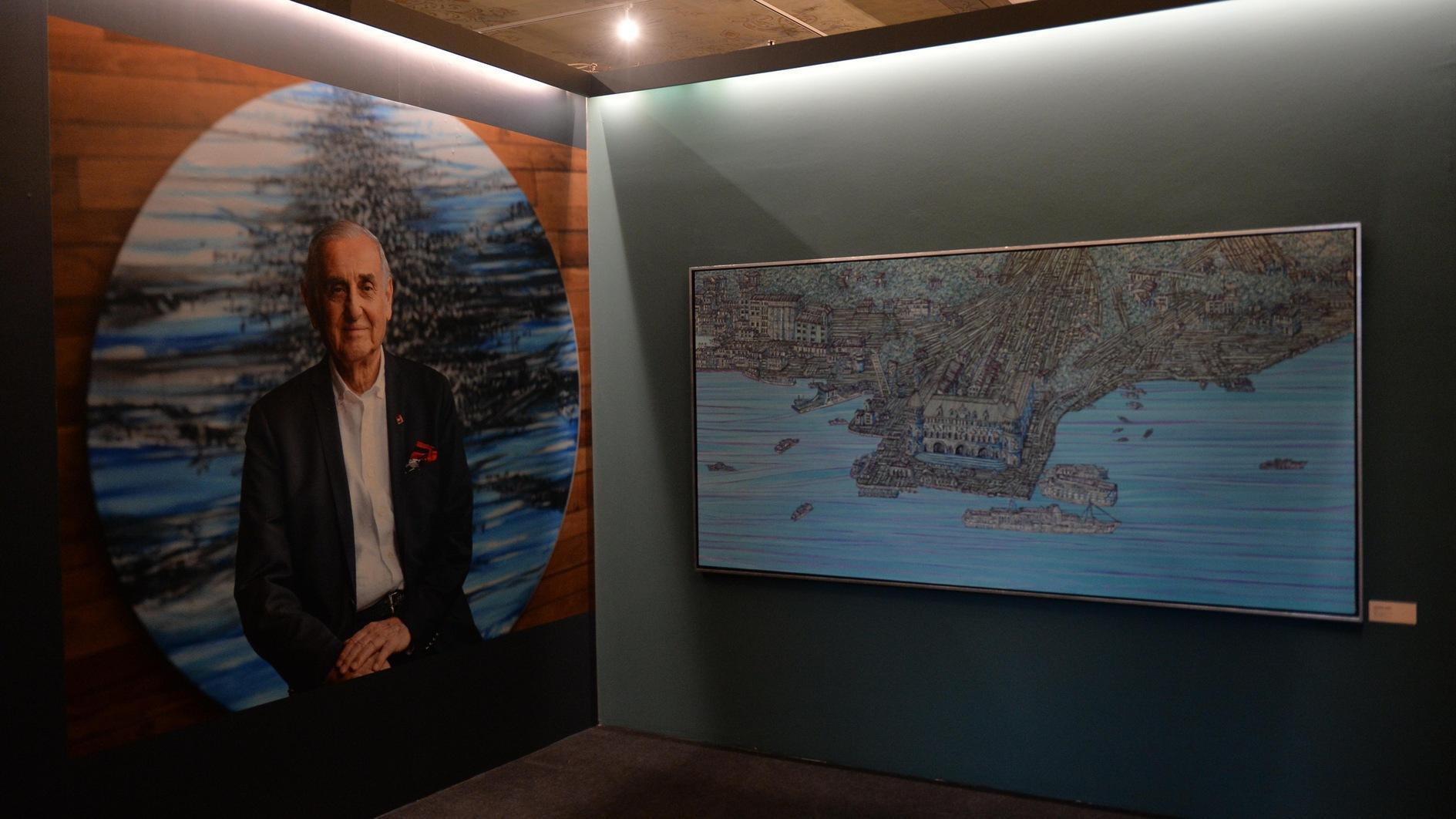Boots on the ground
Russian officials and Russian news outlets have started making a very serious claim that Turkey was preparing a land operation in Syria. Turkey immediately and flatly denied the claim, saying Russia was trying to cover up the crimes it has been committing in Syria with ludicrous charges. Further, Ankara claimed that the reflection on the ground of every American contact with the Russians was more aggression.
On the other hand, the Saudis publicly revealed that they were ready to contribute land troops to an international coalition that would fight the Islamic State of Iraq and the Levant (ISIL) in Syria while Walid al-Muallem, the Syrian foreign minister, said any foreign military entering his country without the consent of his government would be considered an act of aggression and would be dealt with accordingly. He said such troops would “return home in wooden coffins.”
Could Turkey be part of an invasion force? Could an operation inside Syria against any target without the consent of the Syrian government be considered a legitimate anti-terrorism push? If the Sunni coalition led by the Saudis with the supposed blessing of a lame-duck Obama administration enter Syria through Turkey – as has been speculated – would such an action be a demonstration of an anti-terrorism resolve or the trigger of a bigger proxy war if not a full-fledged regional war?
Washington has been clear all along that there will not be American boots on the ground in Syria. The same Washington, however, was the mentor of the Sunni alliance led by the Saudis to fight Muslim jihadist, Salafist extremism, as if Wahhabism in power in the holiest land in Islam is much different in essence than that the practiced by the former.
Could Syria be a second Yemen? Could the Saudis – aligned with Turkey or not – fight a proxy war with Iran or worse, Russia, while it has so far been unable to achieve much in the proxy war with Iran in Yemen? Or, in other words, the Saudis may have the money and the most sophisticated weapon systems, but what is the size of the land forces Riyadh might want to deploy in Syria? Such a war would not last a few months. Having logistical capability and the most advanced warfare won’t mean much once the body bags start to come back home. Would Turkish society accept Syria becoming another trouble spot sending body bags filled with the remains of loved ones to Turkish towns and cities? Would the Saudis fight such a war? Could such a war be continued with a legionnaire army?
Turkey successfully succumbed to a plot by Russia. At the cost of a fighter plane and the life of one pilot, Russia has successfully closed down Syrian airspace to Turkish jets, pushed Turkey out of the country while presented itself as a legitimate, “invited” foreign presence. The latest operations by Russia and the Syrian regime along the Turkish border, sending thousands more refugees to Turkey and the inability of Ankara to do anything other than issue empty condemnation statements, demonstrate how badly the Syrian policy of Turkey has collapsed.
Lofty statements, threats and the like can no longer be the valid currency that might save the day as the king now has no clothes. If in order to come out of the mess, let alone join in and becoming a physical part of it, Turkey opts to allow a Saudi-led Sunni army to enter Syria through Turkish territory, it will become partner of a bigger mess.
The recent advances of the Syrian government-Russian alliance against opposition elements of all sorts and, in the meantime, against the Turkmens – a paramilitary unit of which killed the pilot of the Russian jet downed by Turkey – demonstrate that something is changing on the ground. Developments along the Turkish border, including that 98-kilometer section that Ankara was stressing would not come under Syrian Kurdish control, demonstrate that even if the Saudis might be given permission to use Turkey as a launching pad to a land offensive, it might not have any “free” area controlled by any of the opposition groups that it can use for a safe entry. A huge section of the border area was under the control of the Kurds, now the Syrian regime is restoring its control over the rest of the border area. That is why a new flux of refugees from the Aleppo region is at Turkey’s doorstep nowadays.
Could boots on grounds produce the so-called safe haven within Syria for Syria’s displaced people? Could such an offensive bring about some sort of comfort to the refugee problem becoming unbearable for Turkey? Or, could an army led by the Saudis and which would include troops from Egypt, Jordan, Sudan, Bahrain, the United Arab Emirates, Qatar, Morocco, Kuwait, Malaysia, Indonesia, Brunei and, of course, Turkey be a “stabilizing” factor, or the trigger of a bigger catastrophe?
Troops on the ground might end up in body bags… Turkey cannot become part of such insanity, can it?











